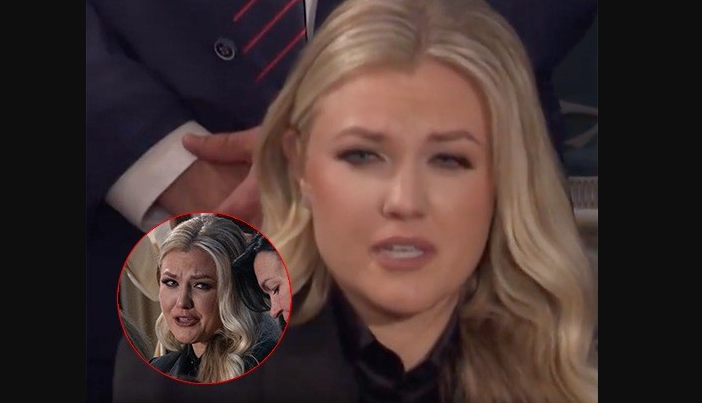My ex and I shared two decades together, never tying the knot. When our relationship dissolved due to betrayal, I felt certain that chapter of my life had closed for good. He moved on swiftly, marrying another woman soon after, while I forged a new path, finding joy and tranquility with a partner who brought light to my days. I never anticipated that his choices would, years later, weave their way back into my world.
Even after our split, my ex occasionally reached out on birthdays or holidays—small gestures that echoed the profound connection we once shared. Yet, when he heard I had welcomed a daughter with my new partner, his reaction stung, filled with harsh words instead of warmth. I chose to stay silent, guarding my serenity rather than revisiting old pain. Soon after, tragedy struck: he lost his life in a car accident. The news was a stark reminder of life’s fragility, even for someone I once thought would always be a constant.
Then came an unexpected revelation: in his will, he had named me the sole beneficiary of his estate, a sum nearing $700,000. The news left me reeling. His current wife and children were not mentioned, and she quickly demanded I relinquish the entire amount to her. I found myself in a challenging spot, grappling with shock, a sense of equity, and the weight of respecting his final intentions amid others’ expectations.
In the days that followed, I spent hours reflecting. The inheritance was more than mere wealth—it was a layered legacy, carrying traces of our shared history, unspoken remorse, and perhaps a quiet acknowledgment of the life we once created. What became clear was this: legacies extend beyond material things; they encompass the wisdom they impart. Sometimes, the truest inheritance is not riches, but the opportunity to define who you are when faced with unforeseen decisions.






